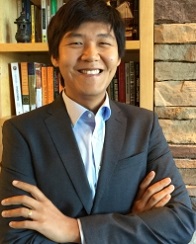People
Faculty
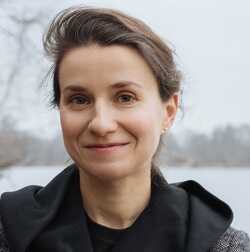
Elizaveta Sivak
Elizaveta Sivak is a director of the Center for Modern Childhood Research at Higher School of Economics. She uses qualitative, quantitative, and computational methods to study childhood and parenting. Her main research interests are concerned with modern parenting cultures, children’s behavior and social networks, factors influencing children’s psychological well-being, and how we can study behavior, attitudes and psychological well-being using digital traces. She is also interested in gender and educational inequality.
Sofia Dokuka
Sofia Dokuka is Research Fellow and Associate Professor in the Computational Social Science lab at Higher School of Economics. Her research interests include social network analysis, agent-based models and computational social science. In her recent research Sofia is investigating the relationship between individual well-being and digital traces.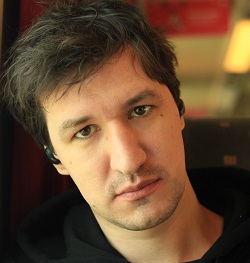
Ivan Smirnov
Ivan Smirnov is a research fellow at the Chair for Computational Social Sciences and Humanities at RWTH Aachen University and scientific advisor of Laboratory for Computational Social Science at Higher School of Economics. He employs data science to better understand human behavior and complex social phenomena. His main research focus is on inequality and well-being in the digital age.Speakers
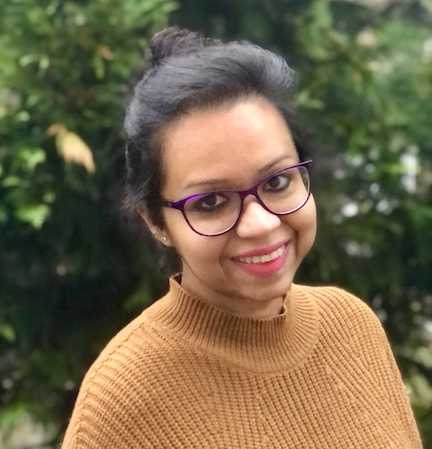
Munmun De Choudhury
Munmun De Choudhury is an Associate Professor of Interactive Computing at Georgia Tech. Dr. De Choudhury is best known for laying the foundation of a line of research that develops computational techniques to responsibly and ethically employ social media in understanding and improving our mental health. To do this work, she adopts a highly interdisciplinary approach, combining social computing, machine learning, and natural language analysis with insights and theories from the social, behavioral, and health sciences. Dr. De Choudhury has been recognized with the 2021 ACM-W Rising Star Award, 2019 Complex Systems Society – Junior Scientific Award, over a dozen best paper and honorable mention awards from the ACM and AAAI, and extensive coverage in popular press like the New York Times, the NPR, and the BBC. Earlier, Dr. De Choudhury was a faculty associate with the Berkman Klein Center for Internet and Society at Harvard, a postdoc at Microsoft Research, and obtained her PhD in Computer Science from Arizona State University.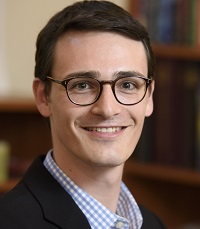
Rene Kizilcec
Rene Kizilcec is an Assistant Professor of Information Science and field member in Physics at Cornell University, where he directs the Future of Learning Lab. He studies the use and impact of technology in formal and informal learning environments (college classes, online degree programs, mobile learning, professional development, MOOCs, and middle/high school classrooms, etc.) and scalable interventions to broaden participation and reduce achievement gaps. Prior to joining Cornell, he spent a year as a research assistant professor at Arizona State University and as a research director at the Stanford Graduate School of Education. Kizilcec is known for his research on understanding and supporting learners in online courses. He also works on developing methods for the design and analysis of experiments. His recent work examined the consequences of social identity threat, self-regulation, trust, and cultural differences on individual behavior and performance using longitudinal field experiments. He leverages techniques from data mining, machine learning, and natural language processing to examine behavior and motivation, reveal heterogeneous treatment effects, and inform user-centered design.
Sune Lehmann
Sune Lehmann is a Professor of Networks and Complexity Science at DTU Compute, Technical University of Denmark. He is also a Professor of Social Data Science at the Center for Social Data Science (SODAS), University of Copenhagen. His work focuses on quantitative understanding of social systems based on massive data sets. A physicist by training, his research draws on approaches from the physics of complex systems, machine learning, and statistical analysis. He works on large-scale behavioral data and while his primary focus is on modeling complex networks, his research has made substantial contributions on topics such as human mobility, sleep, academic performance, complex contagion, epidemic spreading, and behavior on twitter. In the past, he has worked at Institute for Quantitative Social Science at Harvard University, the College of Computer and Information Science at Northeasthern University, Laszlo Barabasi Center for Complex Network Research at Northeastern University and the Center for Cancer Systems Biology at the Dana Farber Cancer Institute.Teaching Assistants
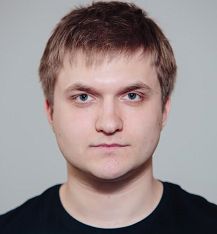
Alex Knorre
Alex Knorre is a Ph.D. student in Criminology at the University of Pennsylvania. He is also an affiliated researcher for the Institute for the Rule of Law at the European University at Saint Petersburg. Alex is interested in illegal online drug markets, gun violence, and Russian criminal justice, and extensively uses R for his research.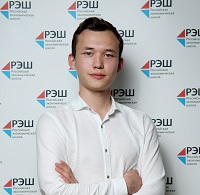
Saydash Miftakhov
Saydash entered the Skoltech Masters program in Data Science after finishing the joint bachelor's program of Higher School of Economics (HSE) and New Economic School (NES). He was a teaching assistant for many mathematical and data science courses at HSE and NES. He is interested in machine learning and its implications for solving real-world problems.Participants
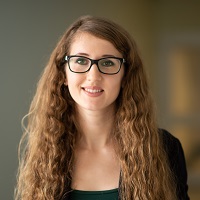
Iuliia Alieva
Iuliia is a doctoral candidate and a research associate at the University of Missouri School of Journalism. She is a multilingual media professional and a researcher with experience in international media communication and data science. Her research focuses on media effects and political communication. Iuliia is about to start her role as a post-doctoral associate at Carnegie Mellon University.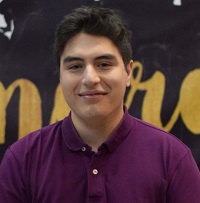
Ali Behrouz
Ali Behrouz is a master's student in the Computer Science department at the University of British Columbia. He has a Bachelor's degree in Computer Engineering from the Sharif University of Technology. He has previously worked on the relationship between green space and happiness in developed countries as well as a project in modelling complex networks. His primary research interests are network analysis, machine learning, and computational social science.
Jesse Bryant
Jesse Callahan Bryant is a Doctoral Student in Sociology at the Yale School of the Environment. He is interested in using computational and mixed methods approaches directed toward the study of environmental policymaking, extremism, and myth-making. Before beginning his Ph.D. at Yale, Jesse received a professional Master's degree in Environmental Management from the Yale School of Forestry and before that was an educator and mountain guide throughout the American West.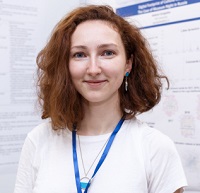
Irina Busurkina
Irina Busurkina is currently pursuing a PhD in sociology at the National Research University Higher School of Economics, Saint Petersburg. She holds both a MA in Sociology from Higher School of Economics University and a MA in Cultural Studies from Saint Petersburg University. Her past research projects were related to the studies of customers’ opinion dynamics and polarizing in Russian media regarding migrants using techniques from natural language processing. Her doctoral thesis focuses on online platforms as institutions for the production of valuation practices.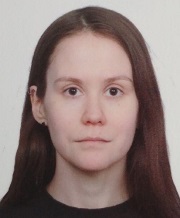
Elizaveta Evmenova
Elizaveta Evmenova is a PhD student in applied mathematics at Saint Petersburg State University (SPSU) and works at ITMO University. Her research interests include problem of community detection in graph structures, especially attributed networks. Elizaveta also studies analysis of directed signed graphs and node ranking problem of signed graphs. She is also interested in edge predictability classification problem in ordinary graphs.
Ksenia Eritsyan
Ksenia Eritsyan is an Associate Professor in Sociology Department at HSE University - Saint-Petersburg and holding a Ph.D. in Social Psychology. She is also affiliated with several NGOs where she's responsible for research activities and integration of their results in prevention interventions.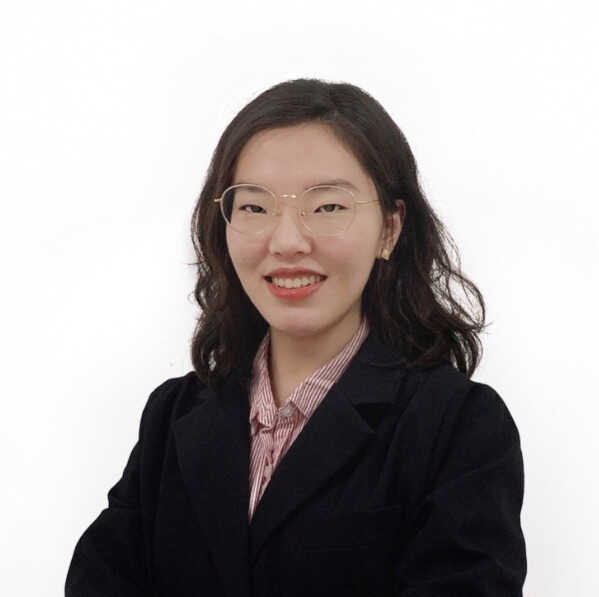
Linna Fu
Linna Fu is a master student at the Higher School of Economics. She earned one M.Sc. in the Applied Psychology from the Chinese University of Hong Kong (Shenzhen) in 2020. Now her research focuses on the comparative social research about gender inequality and Asian cultural values.
Farnoosh Hashemi
Farnoosh Hashemi is a graduate student in the Computer Science department at the University of British Columbia. She holds a Bachelor's degree in Computer Engineering from the Sharif University of Technology. Her research interests include computational social science, social networks, and machine learning. She also previously studied the impact of green space on happiness in developed countries and work on projects in influence maximization and modelling complex networks.
Mengzhen Jia
Mengzhen Jia is a master student majoring in sociology in Sun Yat-sen University. Her research interests are centered around field experiments and human-robot interaction (HRI). Currently, she is exploring the emotion mode of social interaction utilizing text mining and video analysis methods. Mengzhen has a background in psychology. She also uses agent-based modeling to better understand the micro-level underpinning of macro-level social interaction patterns such as social conflict and social protest.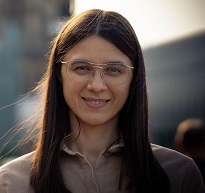
Nora Kirkizh
Nora Kirkizh is a doctoral researcher at GESIS, Department of Computational Social Science and a PhD student at TU Munich, Chair of Computational Social Science and Big Data. Her interests include political behavior, experiments and computational methods. Nora uses digital trace data to study peoples' political attitudes, polarization, and media diets.
Hanna Marhunova
Hanna Marhunova holds a MA in political science from the Moscow Higher School of Economic and Social Sciences/ University Of Manchester. She is currently pursuing a MA in digital humanities at the HSE University. Her research interests include social and political issues in Belarus and Russia: labor rights, migration, language and discourse.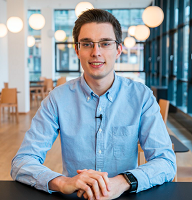
Timur Naushirvanov
Timur Naushirvanov is a first-year Master of Public Administration student at Central European University in Vienna. His research interests are related to international development and impact evaluation, education, populism, big data, and quantitative research methods. He holds a BA in Political Science from the HSE University, Moscow.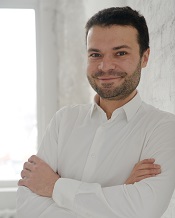
Timur Osmanov
Timur Osmanov is a lecturer at the Higher School of Economics and the Moscow School of Economics and Economics. He is developing a methodology for sociological research in the Public Opinion Foundation (Moscow). His research interests include methodology for constructing samples for surveys, telephone survey methodology, combining survey data with big data.
Yuri Rykov
I am a research fellow at the Centre for Population Health Sciences, Nanyang Technological University (Singapore). I have background in quantitative social science, digital health, and internet studies. I am interested in digital phenotyping research using behavioral and physiological data from wearable sensors for detection of cardiometabolic and mental disorders.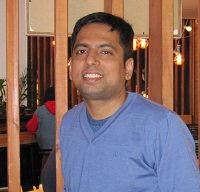
Sangam Kumar Singh
Sangam Kumar Singh is a Product Owner at Ericsson, who works on Zero-Emission Product fulfilling Environmental Commitments for Sustainable Operation, offering Improved Network Connectivity for a Superior User Experience and delivering Substantial Savings. He is also a Professional Member of the British Computer Society (BCS), The Chartered Institute for IT. He has a Double MSc in Big Data Systems and E-Business & Innovation from Higher School of Economics, Russia and Lancaster University, U.K. His past research revolved around Computational Social Science - Social Network Evolution and Social Media link Prediction, and his future interest lies in leveraging Identification Technologies and AI in Social Science.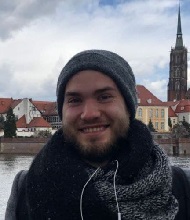
Ilya Sulzhytski
I am a sociologist, PhD in Sociology from Belarus with the research focus in computational social science and digital sociology, with an interest in memory studies and cultural sociology . I have skills in data science, machine learning, and the Python programming language.
Angelika Tsivinskaya
Angelika Tsivinskaya is a junior researcher in Center for Institutional Analysis of Science & Education, European University at Saint Petersburg (Russia). Her research interest lies at areas such as statistical analysis, science of science and CSS with focus on Higher education institutions.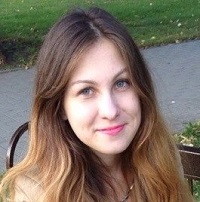
Olga Vilkova
Olga Vilkova is currently pursuing a PhD in Economic Sociology at Higher School of Economics, Russia. Her research interests lie in the field of inequality and professional success on online labor markets. Her studies are based on mixed approach where conventional sociological methods are balanced with computational techniques (web-scraping).